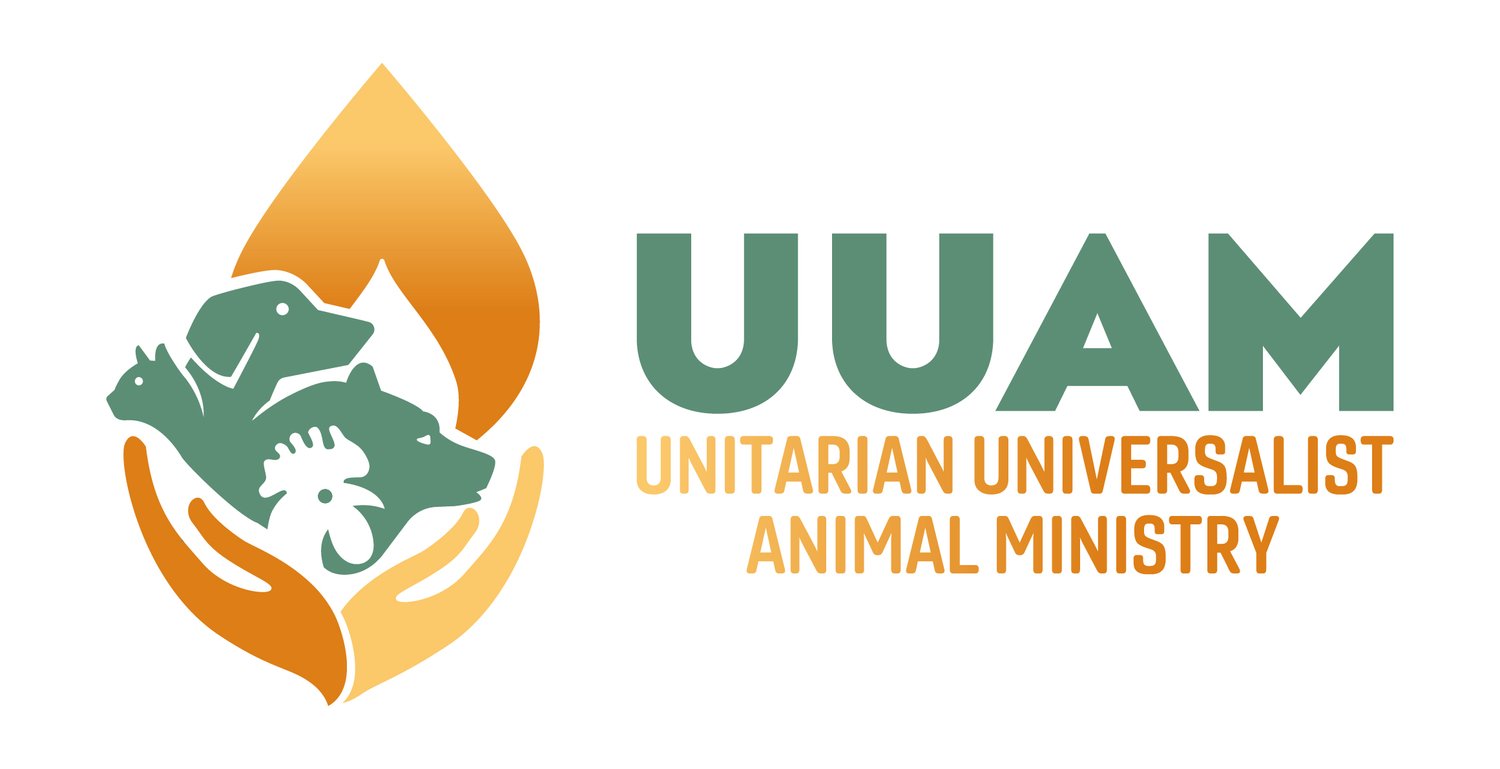Moving Forward in Active Hope
As we come to grips with last month’s election, which many UUs found dispiriting, and look ahead to the new year, the question is where do we go from here—what lies ahead for the animals?
The previous Trump administration was accompanied by a variety of catastrophes, including some regulatory rollbacks for animals, and demanded hard work from advocates to preserve hard-won gains. Some of that work is likely ahead of us once again.
It is easy to descend into a sense of resignation about what is to come. Yale University’s Timothy Snyder, who studied autocratic rulers across the twentieth century, offers this as the first of his twenty lessons about how to oppose tyranny: “1. Do not obey in advance. Most of the power of authoritarianism is freely given. In times like these, individuals think ahead about what a more repressive government will want, and then offer themselves without being asked. A citizen who adapts in this way is teaching power what it can do.” Instead of resigning ourselves, we must resist.
Lewis Bollard, who heads up the Farm Animal Welfare program at Open Philanthropy, summed up the challenge and the hope well:
"The last time Trump was President, the media paid even less attention to factory farming than usual, as it fixated on the latest Trump controversy. So too did some advocates and funders. Their collective attention flitted from new crisis to crisis. The ongoing moral crisis of the torture of billions of animals often seemed not to qualify.
"My greatest concern for our movement in the next four years is not any new law, agency rule, or executive order. Instead it’s that we lose our focus on farmed animals. We can only marginally influence the actions of the new Congress and Administration — and even the best possible wins there won’t help animals much. But we can control how we spend our time and our money.
"Our fight will not be won or lost in just the next four years, in just federal politics, or in just the United States. Instead, it will take decades of sustained work across multiple arenas: corporate policies, technological innovation, movement-building, and more. This work doesn’t depend on any election results—it depends on you. And the work you do today will long outlast any presidential administration.”
With your participation, UUAM has laid the groundwork for expanded UU efforts through the new covenant to protect “all beings from exploitation,” create “relationships of care and respect, mutuality and justice,” and “repair harm and damaged relationships.” With the adoption of that covenant into Article II of the UUA Bylaws, 2024 was, without exaggeration, perhaps the biggest year for animals in Unitarian Universalist history. You and I now need to put those words into action however we can: whether that’s personally, locally, nationally, or continentally, and support one another as we do. UUAM is planning multi-level work to build justice and compassion for animals in 2025:
—providing information and resources to individuals through our webinars, monthly newsletter, website, and Facebook page;
—promoting the local activities of our congregation-based chapters in both the US and Canada, and supporting local chapters through grants and monthly Chapter leader meetings;
—raising awareness of proposed legislation at the federal levels that impacts animals;
—offering programming, new curricula, and a new worship resource at the continental level.
My thoughts for the future, the next four years and beyond, are not despairing, but determined.
As social activist Dorothy Day said, “No one has the right to sit down and feel hopeless. There is too much work to do.” I agree with UU Minister Victoria Safford, who writes, “Our mission is to plant ourselves at the gates of Hope.”
And I am inspired by ecophilosopher Joanna Macy, who says that what we need is Active Hope—which is not something we have, it’s something we do. Active Hope involves getting clear on what you hope for and then playing your role in the process of moving things that way. Macy writes, “Active Hope is waking up to the beauty of life on whose behalf we can act. We belong to this world and we are here to play our part.”
Let’s dedicate ourselves, here and now, to playing our parts in the months and years ahead, knowing that we are stronger together.
Yours in faith,
John
Rev. John Gibb Millspaugh
Executive Director
Unitarian Universalist Animal Ministry

